Oceans
-
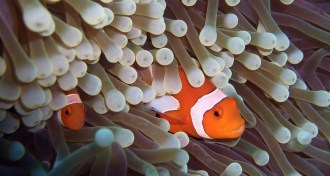 Animals
AnimalsIn the Coral Triangle, clownfish figured out how to share
In the Coral Triangle in Southeast Asia, an area of rich biodiversity, clownfish species often share anemones, a new study finds.
-
 Climate
ClimateMaximum size for Arctic sea ice hits a new low
Warm temperatures helped drop the Arctic sea ice maximum to the smallest size on record.
-
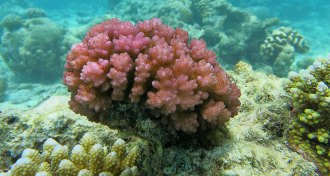
-
 Oceans
OceansSwirls of plankton decorate the Arabian Sea
The dinoflagellate Noctiluca scintillans is taking over in the Arabian Sea, posing a potential threat to its ecosystem.
-
 Climate
ClimateHurricane frequency dropped during 17th century ‘Little Ice Age’
Atlantic hurricane activity fell around 75 percent when the sun dimmed from 1645 to 1715, a new analysis of shipwrecks and tree rings suggests.
-
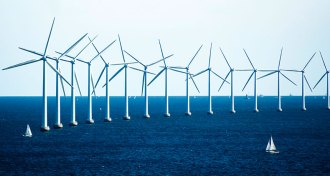 Oceans
OceansMagnetism from underwater power cables doesn’t deter sea life
High-voltage power cables that ferry electricity across the seafloor do not negatively impact local fish and crabs, new studies show.
-
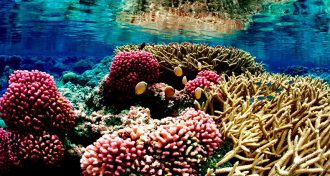 Oceans
OceansProtected coral reefs may not be the ones that need protection
A new study finds that more than half of the world’s coral reefs site within a half-hour of a human settlement. But those that are protected tend to be far away.
-
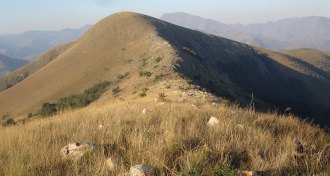 Oceans
Oceans3.5 billion years ago, oceans were cool, not hot
Extensive new evidence from South Africa suggests that 3.5 billion years ago, Earth was locked in a cold spell, with isolated blasts of hydrothermal heat that may have helped incubate life.
By Beth Geiger -
 Oceans
OceansGreat Barrier Reef acidification predictions get worse
New simulations suggest that ocean acidification poses an even greater threat to the Great Barrier Reef than suspected.
-
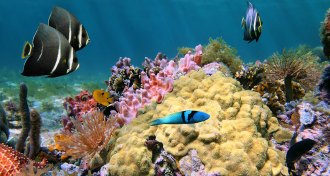 Oceans
OceansCorals need to take their vitamin C
Newly settled corals use vitamin C to help build their stony skeletons, researchers propose.
-
 Oceans
OceansGulf oil spill could hasten corrosion of shipwrecks
Oil from the Deepwater Horizon disaster could hasten the corrosion of historical shipwrecks in the Gulf of Mexico, new studies of marine microbes suggest.
-
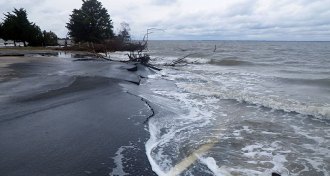 Climate
Climate20th century sea level rose at fastest rate since founding of Rome
Sea levels rose more rapidly in the 1900s than during any other century in at least 2,800 years, with global warming causing at least half that rise.